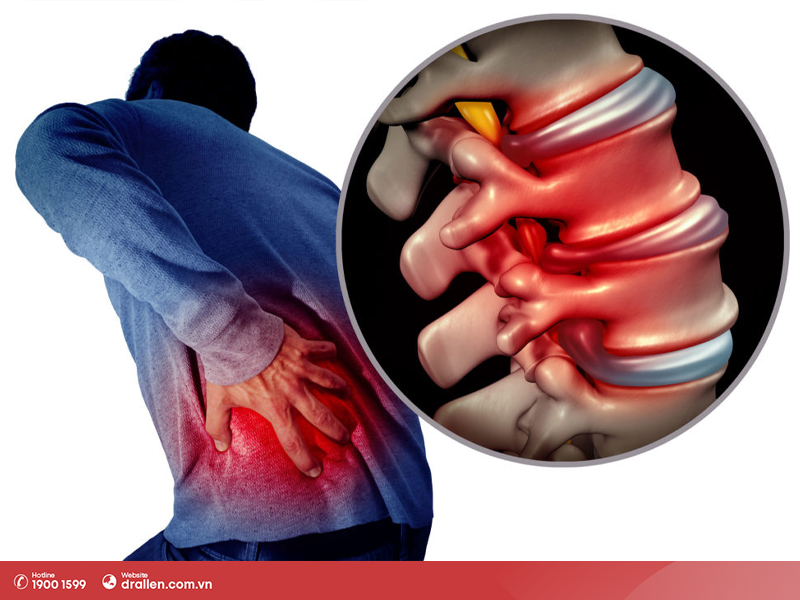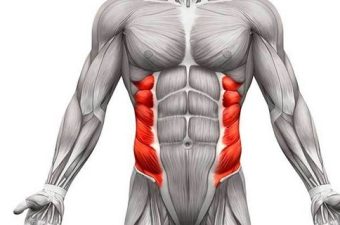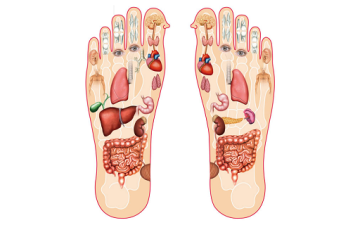Herniated discs can affect almost anyone, from athletes to office workers. They can cause discomfort, pain, and limited mobility, impacting one’s lifestyle and overall well-being. This blog post aims to answer common questions around herniated discs, offering insights on how to recognize, manage, and treat this prevalent spinal condition.
What Not to Do With a Herniated Disc
Once diagnosed with a herniated disc, it’s crucial to avoid activities that could worsen your condition. This generally includes heavy lifting, prolonged sitting or standing, and high-impact exercises like running or jumping. Twisting movements, poor posture, and neglecting proper ergonomics can also exacerbate your symptoms.
What Can You Do for a Herniated Disc?
Treatment for a herniated disc often begins with conservative methods, such as rest, over-the-counter pain medications, and physical therapy exercises designed to relieve pressure on the nerves and strengthen the back muscles. In some cases, physicians might recommend prescription drugs, corticosteroid injections, or even surgery for more severe cases.
How Common is a Herniated Disc?
Herniated discs are quite common, particularly among adults aged 35 to 50. They’re often the result of age-related wear and tear, known as disc degeneration. However, younger individuals can also suffer from a herniated disc due to factors such as injury or excessive strain on the spine.
How to Tell If You Have a Herniated Disc
Common symptoms of a herniated disc include sharp or burning pain in the neck or back, numbness or tingling in parts of the body served by affected nerves, and weakness in certain muscles. If you experience these symptoms, especially if they persist or worsen, it’s advisable to seek medical attention.
Can a Herniated Disc Cause Permanent Nerve Damage?
While relatively rare, a herniated disc can cause permanent nerve damage if it compresses a nerve for an extended period or if it causes cauda equina syndrome—a serious condition where the nerve roots at the end of the spinal cord are compressed.
What Happens if a Herniated Disc Goes Untreated?
An untreated herniated disc might lead to persistent pain, decreased mobility, and potentially, irreversible nerve damage. Therefore, it’s critical to address the symptoms and seek professional medical advice promptly.
Ozone Therapy Herniated Disc Risks
Ozone therapy, where a mixture of oxygen and ozone gas is injected into the herniated disc, is a minimally invasive treatment option. However, it carries risks like any medical procedure, including potential infection, discitis (inflammation of the intervertebral disc), and nerve damage.
Is a Herniated Disc Permanent?
While a herniated disc is a permanent condition in the sense that the disc won’t return to its previous state, this doesn’t mean the symptoms are permanent. Many people recover from a herniated disc with conservative treatment, and even those who undergo surgery often regain full or near-full function.
Is Herniated Disc a Disability? Is it Serious?
A herniated disc can be serious and may qualify as a disability if it significantly limits your mobility or causes chronic, severe pain that affects your ability to work. However, many individuals with a herniated disc can manage their symptoms effectively and maintain a high quality of life with appropriate treatment.
Is Herniated Disc Curable?
While there’s no cure in the sense of restoring the disc to its original condition, symptoms can usually be effectively managed, and in some cases, the herniated portion of the disc may shrink over time. A combination of lifestyle changes, physical therapy, medication, and sometimes surgery can help individuals resume normal activities and lead a pain-free life.
In conclusion, understanding your herniated disc is key to managing it effectively. From identifying what to avoid to learning about available treatments and their associated risks, being informed allows you to take an active role in your recovery. Remember, every individual is different—what works best for you should be determined in consultation with a healthcare professional.











